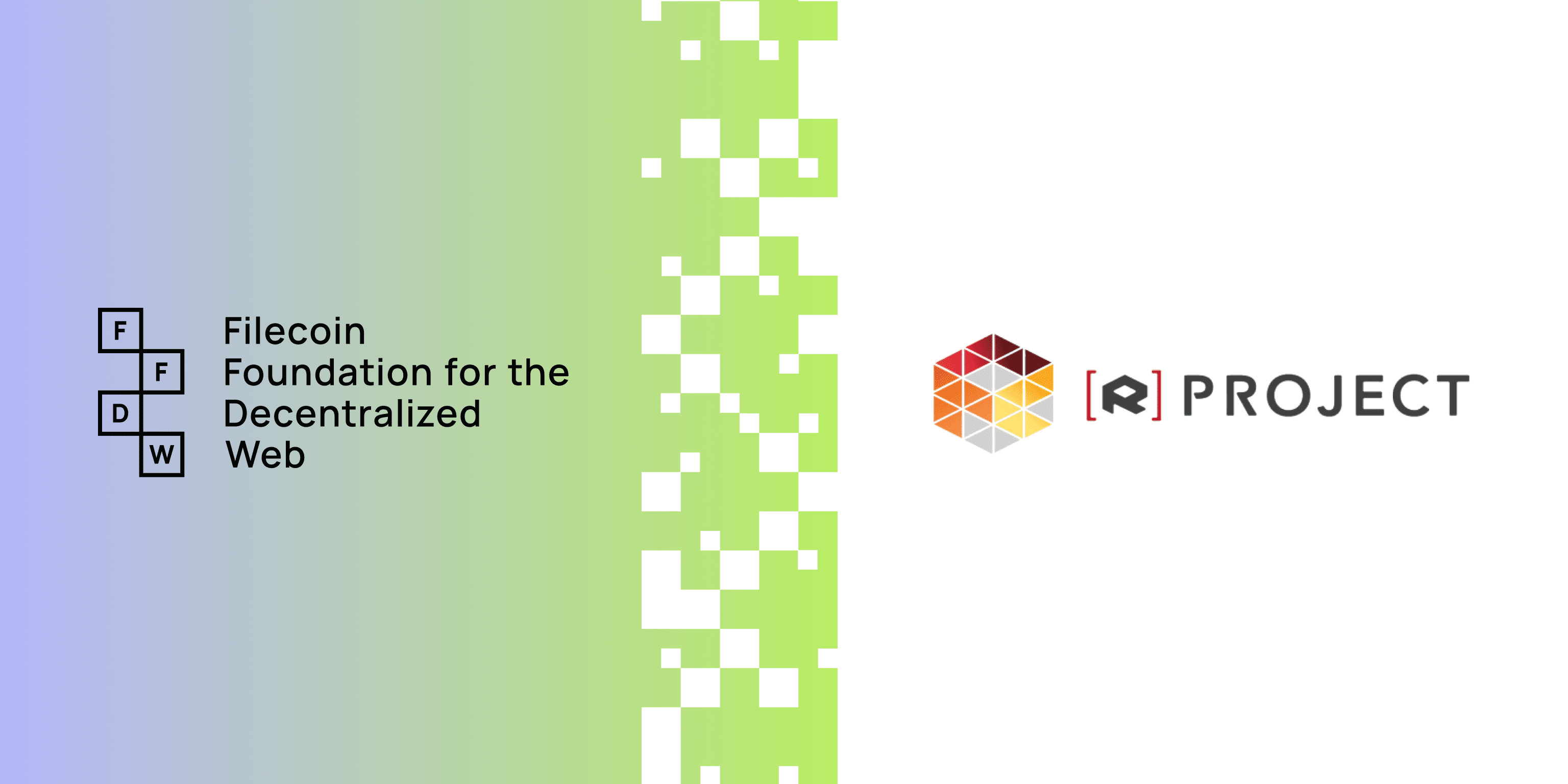FFDW and Rohingya Project Working Together to Empower Cultural Preservation and Digital Legacy

In a world where decentralized technologies enable new avenues for preserving cultural heritage and identity, Filecoin Foundation for the Decentralized Web (FFDW) is proud to announce a collaboration with Rohingya Project. With FFDW’s support, Rohingya Project will digitally preserve an array of cultural heritage documents that capture the essence of the Rohingya people – including audio recordings, photographs, videos, and written materials – to safeguard the cultural heritage of the Rohingya community.
“For decades, Rohingya have endured genocide and forced displacements from their ancestral lands. There are nearly three million Rohingya living as stateless persons, meaning they don’t have access to basic elements of identity or true representation,” said Muhammad Noor, Managing Director, Rohingya Project. “Rohingya Project is a grassroots, humanitarian initiative to leverage emerging technology to offer stateless Rohingya people both identity and opportunity. This includes archiving Rohingya heritage with a digital collection of memories and stories – safeguarding Rohingya’s collective identity.”
The collaboration with FFDW aims not only to preserve but also to expand access to the rich culture of the Rohingya people, leveraging decentralized data storage solutions including the InterPlanetary File System (IPFS) and the Filecoin network. Over upcoming months, Rohingya Project will work closely with FFDW to undertake a series of projects designed to safeguard the cultural heritage of the Rohingya community, ensuring these invaluable resources remain accessible to the dispersed Rohingya population and global community for future generations. Projects will include:
- Field Training: One of the first steps in this collaboration is to train Rohingya field officers in archival techniques and equipment and best practices for metadata collection. This training will empower local community members to actively participate in the preservation of their own culture, making the process both inclusive and sustainable.
- Data Collection: Over the course of the project, a diverse range of cultural heritage materials will be collected and digitized. These include photographs, traditional music recordings, and other artifacts that are integral to the Rohingya identity. The goal is to gather at least 400 heritage items, all meticulously documented and maintained in digital format.
- Promotion and Accessibility: Once digitized, these cultural materials will be curated into thematic collections and made available on the Internet Archive platform. This will make these materials accessible to a global audience, further raising awareness of the Rohingya culture and the challenges faced by their community.
- Open-Source Feedback: As part of the collaboration, the project will also test and refine open-source software tools for cultural preservation. While the current scope is focused on testing, the insights gathered will lay the groundwork for future development of these tools, which could benefit other communities facing similar challenges.
“We are honored to support the preservation of the Rohingya people’s cultural heritage through decentralized storage solutions. The Internet Archive’s commitment to making knowledge freely accessible aligns perfectly with the goals of this initiative,” said Mark Graham, Director, Wayback Machine, Internet Archive. “By ensuring that these vital cultural assets are preserved and accessible on a global scale, we are reinforcing the importance of safeguarding marginalized communities' histories for future generations. This collaboration is a testament to how the decentralized web can empower communities to maintain their identity and legacy.”
By utilizing decentralized data storage and retrieval networks, the project enhances the resilience and permanence of Rohingya cultural archives. This approach mitigates the risk of data loss or single points-of-failure, ensuring that the Rohingya cultural heritage remains secure and accessible, even in the face of geopolitical challenges.
The collaboration between FFDW and Rohingya Project represents a powerful alliance between technology and cultural preservation. By working together, these organizations are taking meaningful steps to ensure that the Rohingya people’s cultural heritage is protected, accessible, and celebrated by future generations. This partnership is not just about the past – it's about empowering the future of the Rohingya community.
Our mission is to permanently preserve humanity’s most important information. We are proud to support Rohingya Project’s work to preserve critical human rights data using the decentralized web. —Marta Belcher, board chair of the Filecoin Foundation for the Decentralized Web
For more information on how you can support this initiative, visit Rohingya Project’s website and support its Artizen fund project, Preserving Heritage: The Rohingya Digital Legacy Initiative.